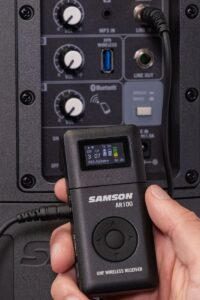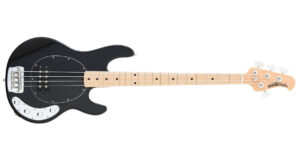Create the Right Environment: Set up the right mental and physical atmosphere like a quiet room for concentration. Once you find a comfortable setting, stick with the choice you made.
Ensure that your environment meets your needs: Grab water, snacks, pens, notebooks, sheet music, highlighters, download a metronome app, a tuner, etc., in advance so that you’re well prepared and uninterrupted from the get-go!
Tension Free Warm Up: Not only do we need to warm up our muscles to avoid injuries and get them moving, but we also need to warm up our bodies and minds to avoid stress and boredom. Ever yawned during a warm up? I know I have, because repeating the same warm-up technique is annoying!
So as essential as your warm-up is, don’t get stuck with the same routine. Refresh your brain with different techniques like using dynamics (play it softly or loudly) and articulation (staccato,legato) or try to sight read for a change. Remember, find a gentle way to tell your body to be relaxed – lower your shoulders and loosen any part of the body that feels tight
Have A Goal: When you start with a clear intention, you know where you stand and where you have to be in the future. So, write down your goal. If you’re a beginner, you may need help with stiffness or singing without straining if you’re a singer. Look for the right tutorials for that specific goal and in 6 months, your goal may totally change!
Practice Smarter, Not Longer: We’ve all been guilty of pushing our practice till the last minute because we find the work intimidating, especially if we have a large portion or a full song to do.
Practicing little by little and often will give you willpower and encouragement because your goal isn’t this giant thing, it’s smaller and realistic.
Speed Comes Later: A good practice session has these key elements:
- CLEAR ARTICULATION
- CORRECT NOTES
- THE RIGHT FINGERING
If you are a beginner or someone that can play scales confidently, there is always room for practicing slowly. Practicing to get every note totally even in volume, with the correct technique, at the same speed and the right fingering is the challenge. Once you get better, you can speed up but remember the 3 elements.
Identify Where You’re Going Wrong and Fix It:
It’s easy to say we only have 15 – 30 mins and just power through the whole practice session even if we play wrong. Identify where and why you keep making the mistake and slow down to fix it. If keeping tempo is the problem, try clapping your hands or tapping your feet to the tempo alone, without worrying about performing the notes.
Right Frame of Mind: If you’re not in the mood to practice, it’s okay to take a day off instead of getting frustrated.
Flow Without Anxiety: It’s always a good idea to take a second to pause when there is a fingering change while playing a scale. This reduces anxiety because the pressure to complete the scale in a hurried manner is removed. Start by playing the notes slowly, pause to change, and then continue.
Remember Why You Started: If you get overwhelmed, remember why you started learning. Go back to your first day and see the progress you’ve made and why. The same thing that motivated you back then, can motivate you now.
Reward: Play any piece of music you just want to jam to, after you’re done. Ultimately, it’s the joy from the sound of our instruments that we feel the most connected to. So, take off the pressure and have some fun!








